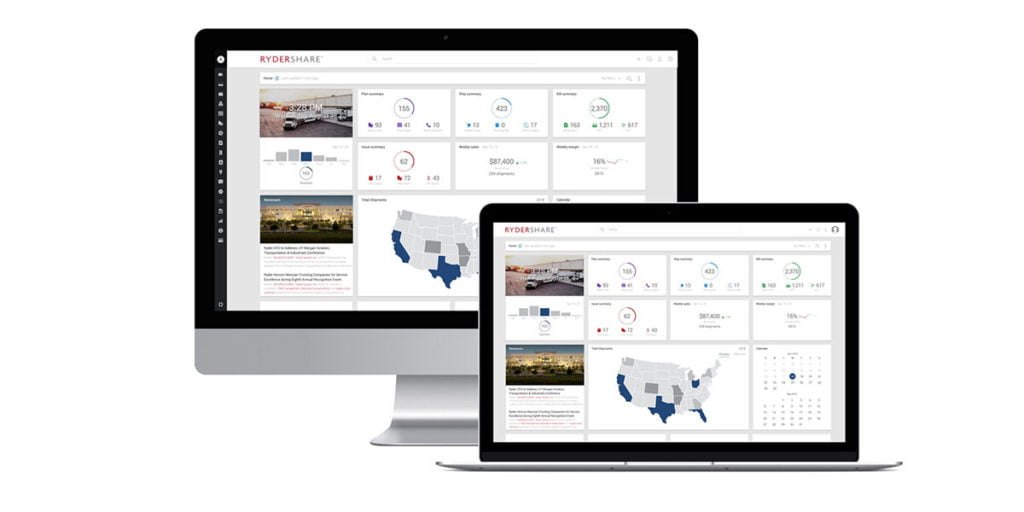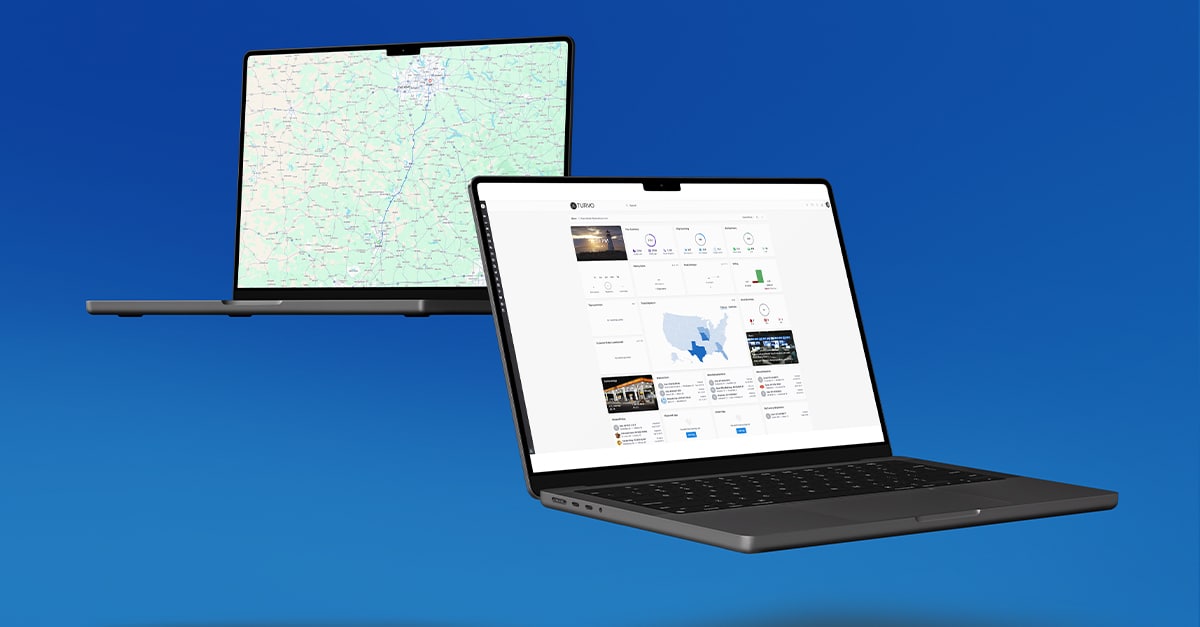In the logistics and transportation industry, efficiency is the ultimate competitive edge. As digital transformation accelerates, companies are increasingly turning to digital freight matching (DFM) to streamline their operations. DFM technology offers a robust solution for matching freight counterparties with unprecedented speed and precision, fostering unparalleled collaboration and operational agility. Here’s an in-depth look at how digital freight matching is revolutionizing the industry.
The Evolution of Freight Matching
Traditionally, freight matching was a complex, manual process involving numerous phone calls, emails, and paperwork, often resulting in delays and increased operational costs. Digital freight matching, however, utilizes advanced algorithms and vast pools of real-time data to connect shippers with carriers who can meet their specific shipping requirements. This digital approach reduces the time and effort involved in finding the right match, significantly enhancing efficiency.
Enhancing Connectivity and Transparency
One of the key benefits of digital freight matching is its ability to enhance connectivity and transparency across the supply chain. By leveraging digital platforms, DFM allows for real-time tracking and updates, providing all parties with up-to-the-minute information on freight status, location, and estimated delivery times. This level of transparency not only builds trust among stakeholders but also enables better decision-making and improved responsiveness to changing market conditions.
Reducing Costs and Increasing Efficiency
Digital freight matching helps reduce costs in several ways. By optimizing truck loads and routes, it decreases the number of empty return trips, thus maximizing fuel efficiency and reducing unnecessary emissions. Additionally, DFM reduces administrative overhead by automating many of the tasks traditionally done manually, such as billing and documentation. These efficiencies translate into lower operational costs and higher profitability for both shippers and carriers.
Improving Load Accuracy and Speed
With digital freight matching, shippers can more accurately match their loads with the right carriers. This precision ensures that goods are transported in the most appropriate manner, adhering to specific requirements regarding timing, handling, and conditions. Faster matching also speeds up the overall shipping process, enabling shippers to meet tighter delivery schedules and respond more quickly to customer demands.
Fostering Collaborative Relationships
DFM platforms do more than just match freight; they create ecosystems where shippers and carriers can form long-term, collaborative relationships. Through continuous interaction and data sharing, these platforms help both parties understand each other’s needs and capabilities better, leading to more effective partnerships. Enhanced collaboration also facilitates joint problem-solving, innovation, and mutual growth.
Leveraging Advanced Analytics for Strategic Insights
Advanced analytics is another critical component of digital freight matching platforms. By analyzing data collected from various interactions, these platforms can provide actionable insights into market trends, carrier performance, and shipping patterns. Businesses can use this information to refine their logistics strategies, negotiate better rates, and optimize their supply chain operations.
The Future of Freight Logistics
Digital freight matching is not just a technological advancement; it’s a transformative approach that redefines how freight logistics is conducted. By automating and optimizing the freight matching process, DFM enables more efficient, cost-effective, and collaborative logistics operations.
As the demand for faster, more reliable shipping continues to grow, embracing digital freight matching will be crucial for businesses looking to stay competitive in the logistics industry.









